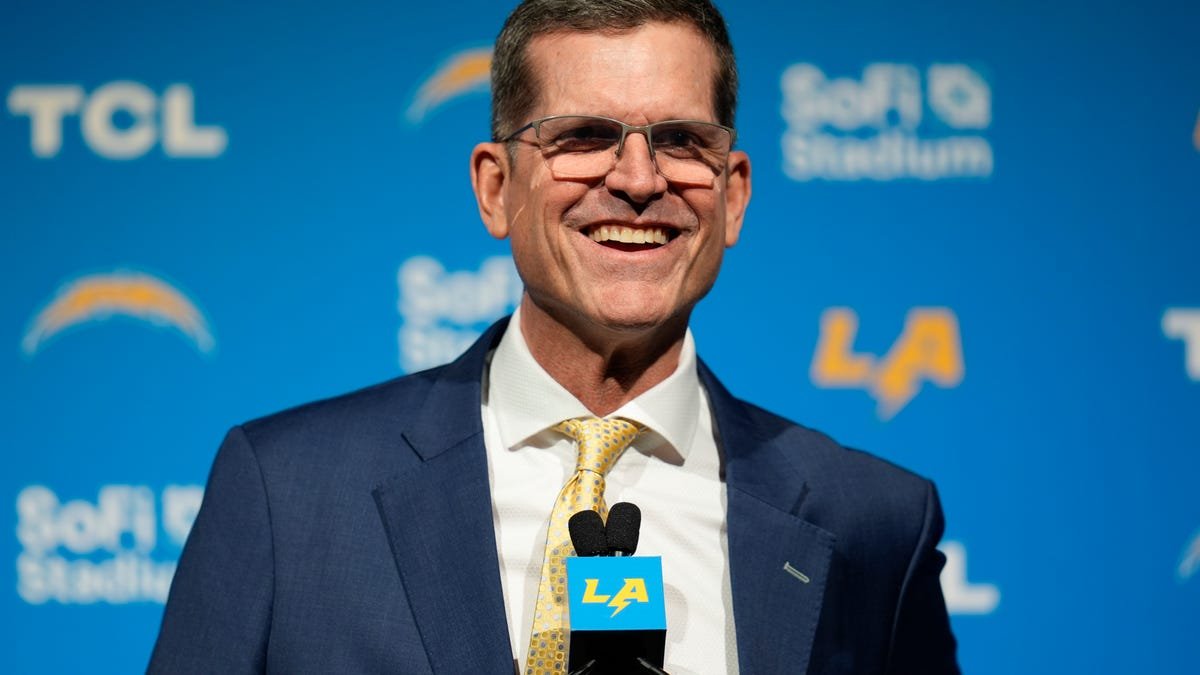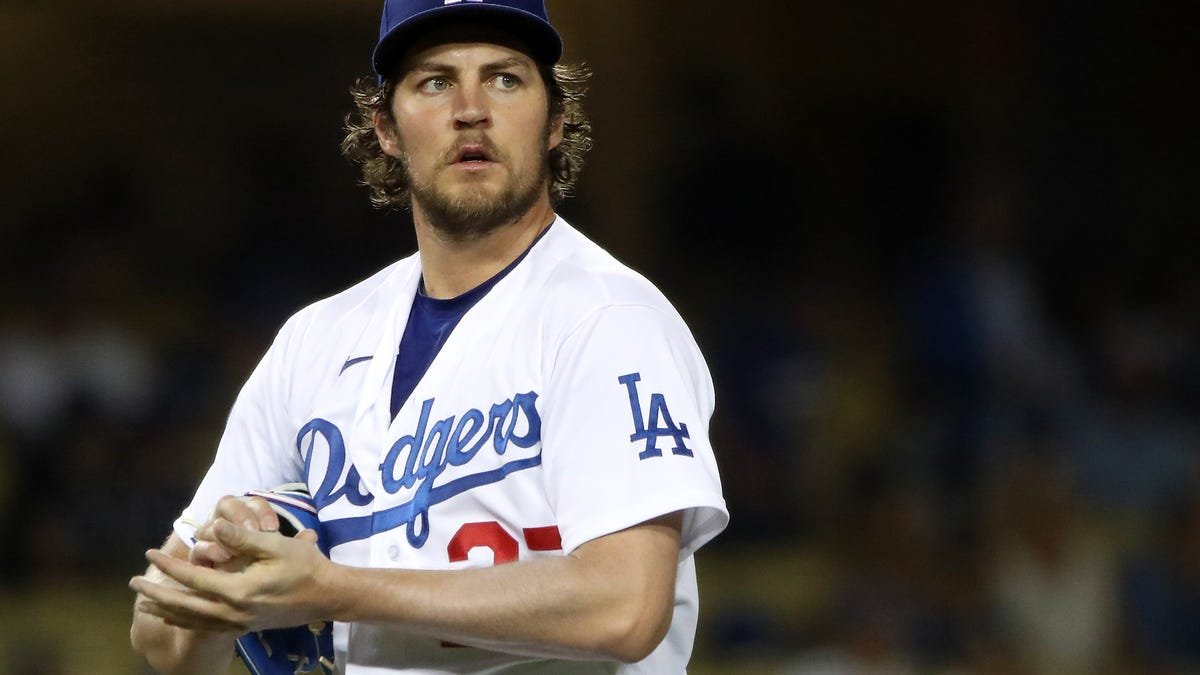B.S. for me, but not for thee: Aaron Rodgers’ Controversial Comments and the New York Jets
New York Jets head coach Robert Saleh recently gave quarterback Aaron Rodgers the green light to make future appearances on “The Pat McAfee Show,” despite Rodgers’ controversial comments during a postseason press conference for the Jets. In the press conference, Rodgers declared that the Jets needed to “flush the bullsh*t” in 2024.
Rodgers’ comments sparked a wave of discussion and speculation, with many wondering what exactly he meant by “bullsh*t.” However, Saleh clarified that when Rodgers referred to “bullsh*t,” he was specifically referring to everything that happens within the organization. Saleh emphasized that the appearances on McAfee’s show and other external factors were simply noise for the outside world and not relevant to the team’s focus on winning football games.
While Saleh defended Rodgers’ appearances on McAfee’s show as mere entertainment, he did not directly address the controversy surrounding Rodgers’ comments about late-night host Jimmy Kimmel being on the Epstein list. Instead, Saleh referred to it as “entertaining conversation” and insisted that it did not distract the locker room.
Saleh’s stance on the matter raises questions about the line between personal opinions and their impact on team dynamics. Should players be allowed to express controversial views outside of the team environment without facing consequences? While it is important to respect players’ rights to freedom of speech, there is a fine balance between individual expression and maintaining a cohesive team culture.
This situation also highlights the power and influence of media platforms such as “The Pat McAfee Show.” While it may be considered entertainment for the general public, the show’s content can have real implications for players and teams. In an age where athletes are more connected to their fans through social media and podcasts, it is crucial for players to exercise caution and consider the potential consequences of their statements.
Rodgers’ subsequent appearance on McAfee’s show further fueled the controversy. Not only did he fail to apologize for his insinuation about Kimmel, but he also used the platform to discuss his views on COVID vaccines, alternate remedies, and Dr. Fauci. This raises concerns about the responsibility that comes with having a public platform and the potential for spreading misinformation or controversial views.
In the end, it is up to the Jets organization and their leadership to determine how they handle situations like this. While Saleh may believe that external appearances do not qualify as “bullsh*t,” the impact of players’ statements and actions on team morale and public perception cannot be ignored. It is crucial for teams to establish clear guidelines and expectations for their players regarding their behavior and public statements.
As for Rodgers, he will likely continue to make appearances on media platforms, expressing his opinions on various topics. However, it remains to be seen how these controversies will affect his relationship with his teammates and the public’s perception of him as a leader. In an era where athletes are expected to be role models, it is important for players to consider the potential consequences of their words and actions, both on and off the field.





